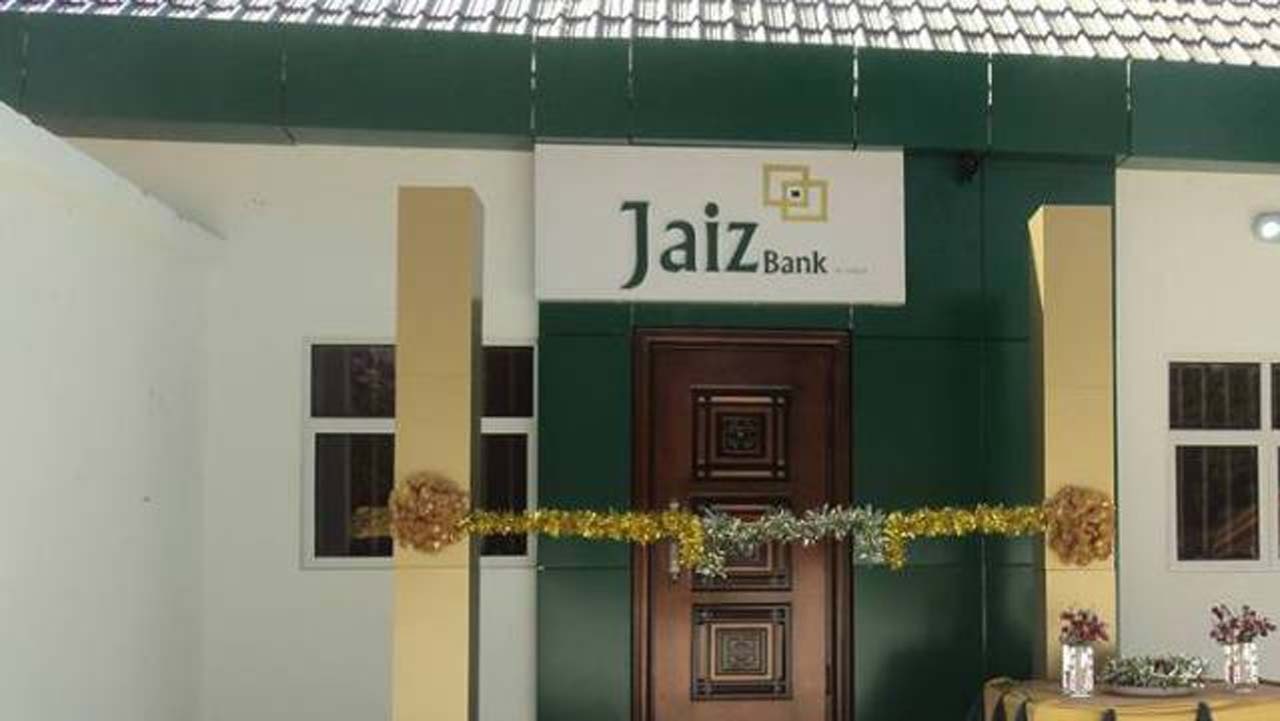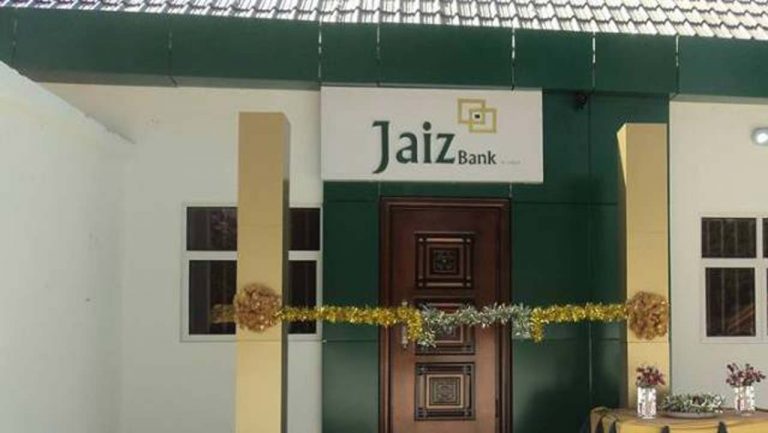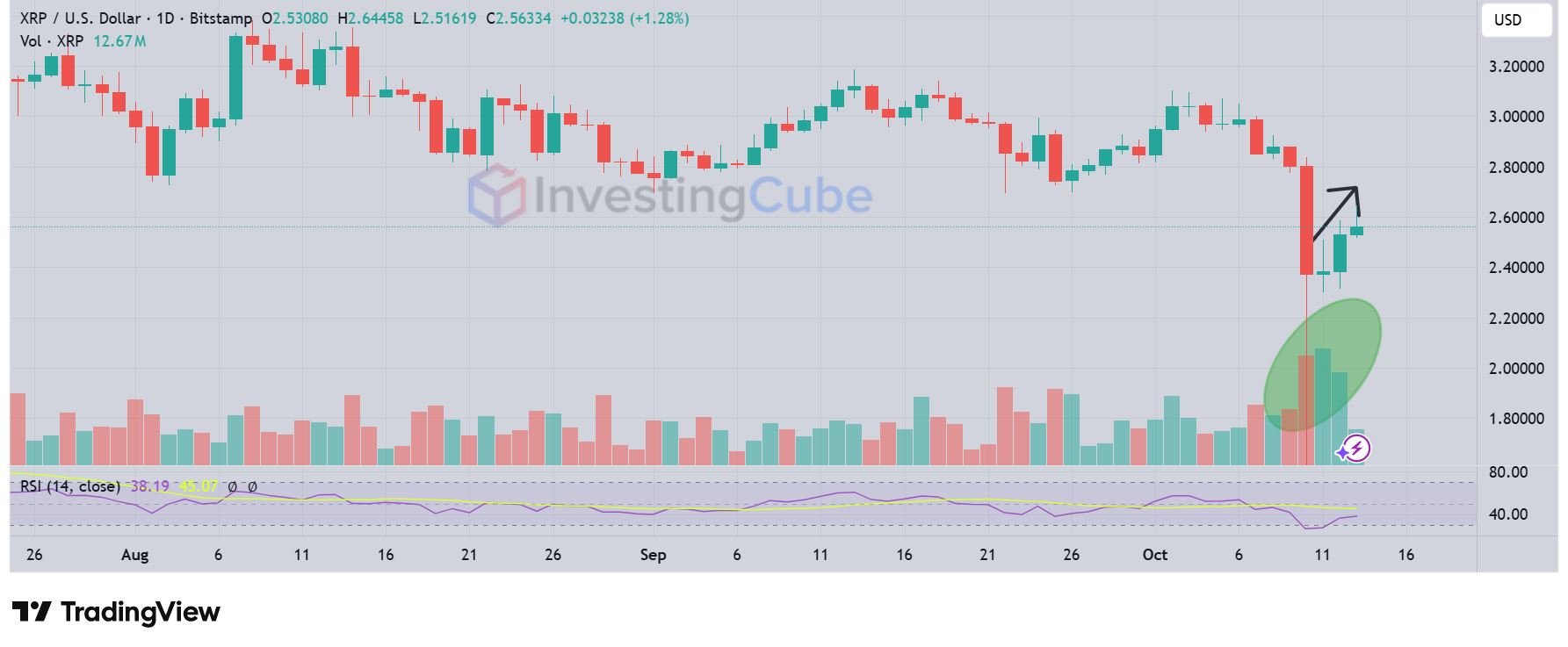In Islamic Banking, Trust Is Often Built Peer to Peer


When customers walk into a bank branch in Riyadh or Kuala Lumpur, they may not make decisions based solely on what the institution tells them. Instead, they are likely to seek guidance from relatives, friends, mosque groups, or even WhatsApp chats before deciding whether a loan or investment is truly permissible under Islamic law.
A new study argues that these conversations are more than background noise. They are shaping the very structure of Islamic banking.
The paper, published in the International Journal of Bank Marketing by Moayad Moharrak of Taif University in Saudi Arabia and Emmanuel Mogaji of Keele University in Britain, offers a conceptual framework that places peer-to-peer interactions at the heart of Sharia-compliant finance.
Register for Tekedia Mini-MBA edition 18 (Sep 15 – Dec 6, 2025) today for early bird discounts. Do annual for access to Blucera.com.
Tekedia AI in Business Masterclass opens registrations.
Join Tekedia Capital Syndicate and co-invest in great global startups.
Register for Tekedia AI Lab: From Technical Design to Deployment.
The authors contend that Islamic banking should be understood not just as a top-down system of products certified by scholars but as a contested ecosystem where value is co-created, challenged and legitimized through ordinary conversations.
The framework identifies five key forces that shape these exchanges: religious norms, community ties, digital platforms, market incentives and regulation. Each can help customers build trust and confidence, but each can also introduce uncertainty. A clear fatwa on a financial product can encourage participation, while conflicting rulings may lead to hesitation. Community advice can enhance literacy and inclusion, but it can also reinforce groupthink.
Islamic finance requires customers to navigate prohibitions on interest, excessive uncertainty and certain types of investment. That makes products such as Murabaha home financing or Takaful insurance both legally and spiritually complex. Many consumers therefore rely on peers to interpret how such services align with their values. These peer discussions, the authors suggest, provide social validation and informal education, helping people assess both the ethical and financial soundness of their choices.

Digital technology has amplified the reach of such interactions. Fintech platforms, blockchain validation tools and online fatwa forums now allow for rapid and wide-ranging exchanges. But they also raise new risks. A financial product deemed compliant in Malaysia, for example, may be rejected in Saudi Arabia under different interpretations. Online groups may circulate conflicting advice without oversight, creating what the study calls digital trust gaps.
The authors draw on two major theories in service research. One, known as service-dominant logic, emphasizes that value is created through interaction rather than residing in a product itself. The other, transformative service research, focuses on consumer well-being and financial inclusion. Combined with an institutional perspective, these theories show how trust and legitimacy in Islamic banking are negotiated through overlapping religious, social, technological and regulatory forces.
Peer networks, they conclude, can produce both constructive and disruptive results. Constructive outcomes include stronger trust, higher financial literacy and greater loyalty to banks perceived as ethical. Destructive ones include misinformation, exclusion of less powerful voices and weakened institutional authority.

The study suggests that Islamic banks can respond by integrating peer-led financial literacy programs, creating digital spaces where customers can validate products safely, and working more closely with scholars to harmonize guidance. For customers who are underserved by mainstream banking, such as migrant workers or women in conservative societies, peer channels may serve as crucial gateways to inclusion.
The implications extend beyond Islamic finance. Conventional banks struggling with low trust could adapt similar strategies by encouraging peer mentorship programs or embedding ethical commitments that customers can share and validate within their communities. Regulators, the paper argues, should also recognize the role of informal peer learning and design consumer protection measures that take it into account.
What the study ultimately depicts is a financial system that is not only about rules written by clerics or contracts drafted by lawyers. It is also about the conversations people have with each other, online and offline, that shape whether they trust a bank, adopt a new product or feel confident in their financial decisions.
“In Islamic banking,” the authors write, “customers do not simply co-create value. They co-produce legitimacy, co-negotiate ethical meanings, and co-construct institutional norms.”
In an era when banks everywhere face a crisis of trust, that may be a lesson worth noting.




